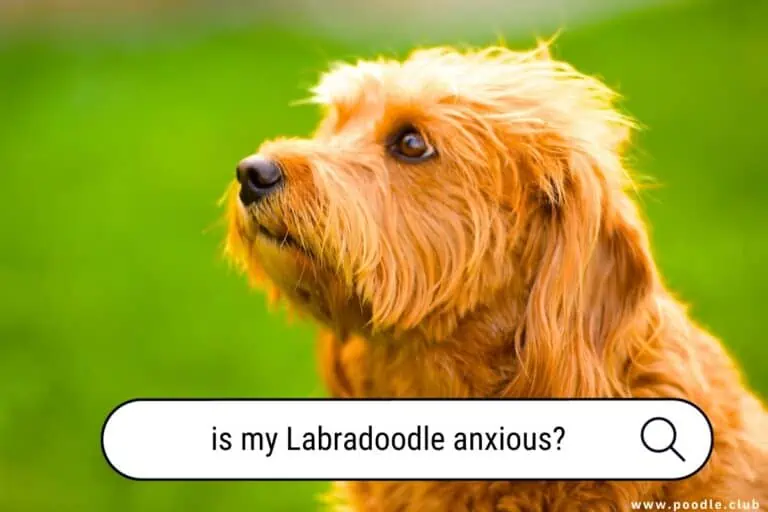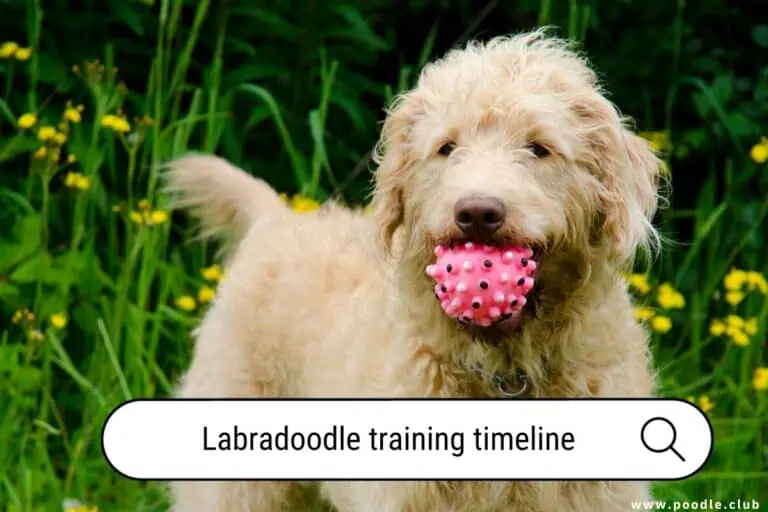When Do Puppies Outgrow Witching Hour?
Puppies are adorable, but they can also be quite a handful. One of the challenges that puppy owners face is dealing with the infamous “witching hour.” This is the time of day when puppies seem to go crazy, running around, biting everything in sight, and generally being a nuisance. But when do puppies outgrow this phase?
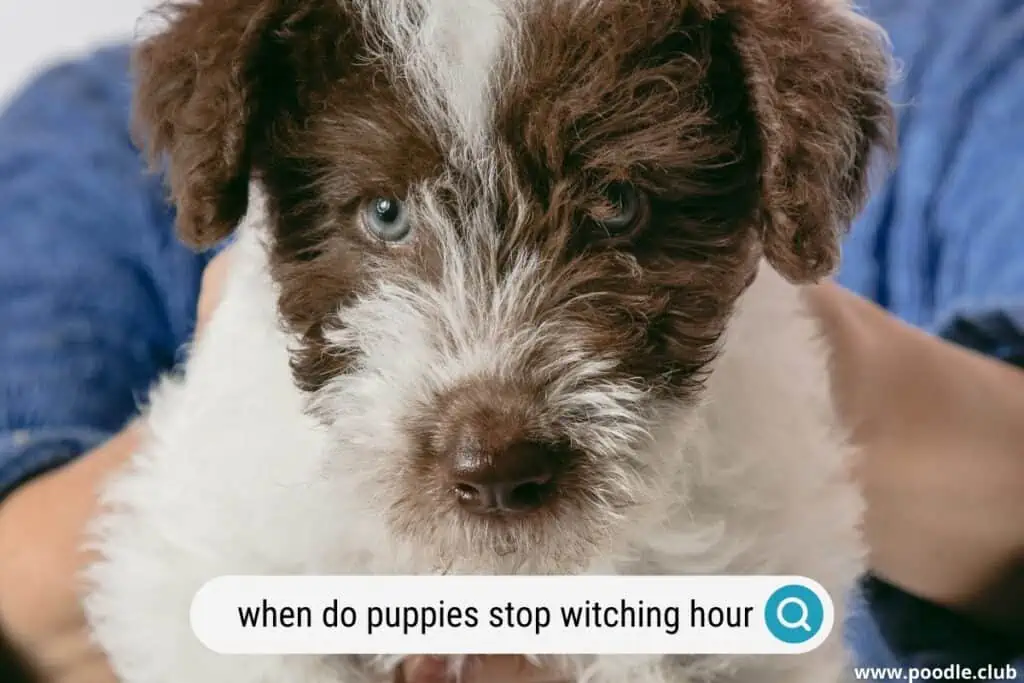
Whether or not a puppy ever fully outgrows their witching hours depends on a few factors. Some breeds are simply more active than others, and if they don’t get enough daily stimulation, they may have witching hours even as adults. However, most puppies start to outgrow this phase by four months, and in some cases, it can last until they are five months old.
While it’s not uncommon to see adult dogs exhibiting witching behaviors, it’s much more common in puppies. So, if you’re a new puppy owner wondering how to survive this phase, keep reading for some tips on how to deal with your puppy’s witching hour.
What is Witching Hour for Puppies?
Witching hour for puppies is a common term used to describe a period of increased activity and restlessness in puppies, typically occurring in the early mornings or evenings. During this time, puppies may become hyperactive, bite, chew, and engage in other destructive behaviors.
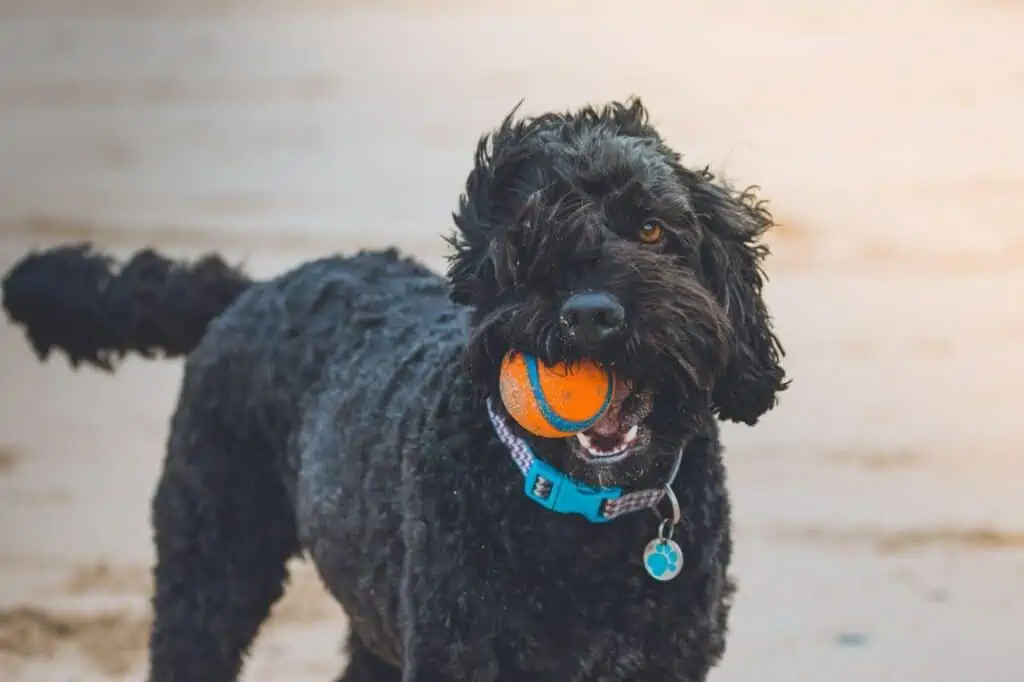
Puppies may experience witching hour due to pent-up energy, boredom, hunger, or a need for attention. Puppies who do not receive enough exercise or mental stimulation during the day are more likely to experience witching hour.
While it is common for puppies to experience witching hour, it is important to note that not all puppies will experience it in the same way or at the same time. Some puppies may outgrow witching hour by four to five months of age, while others may continue to experience it into adulthood.
When Does Witching Hour Typically Occur?
Witching hour is a term used to describe the period of the day when puppies become more active, energetic, and mischievous. This behavior is usually seen in the early mornings or evenings, when puppies are at their most alert and watchful. A puppy will likely grow out of witching hour as they mature. Some puppies that receive enough stimulation might even outgrow witching hours as early as 6 months.
PuppySpot is a reputable dog marketplace where you can browse and find compatible puppies right from the comfort of your home. They have placed over 200,000 puppies into homes in the US!
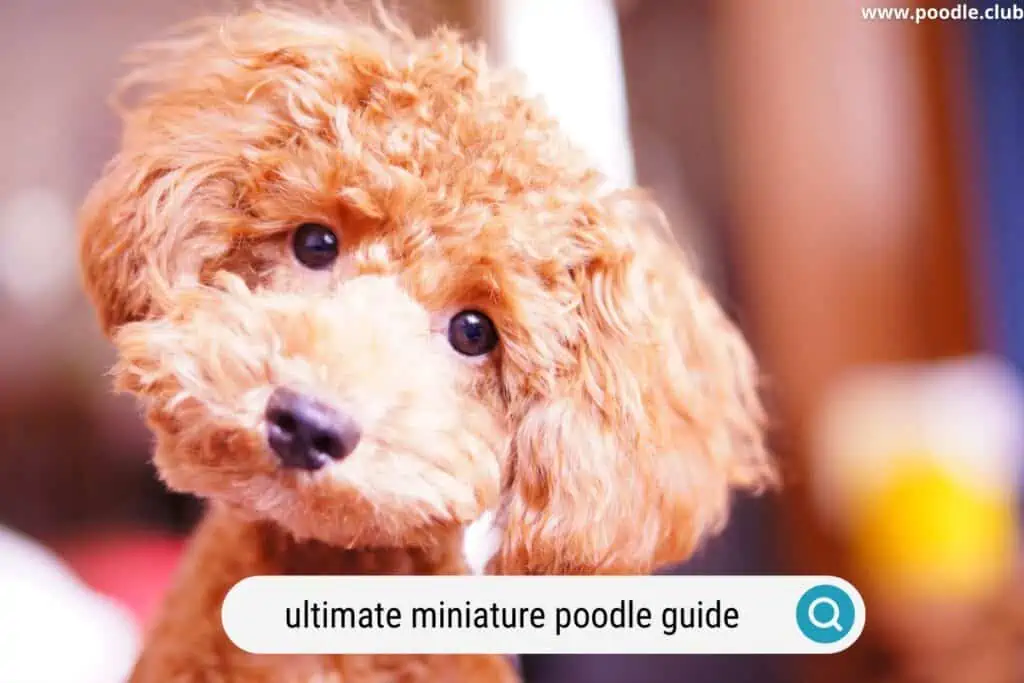
However, a puppy’s witching hours are hard to predict or even forecast whether it will outgrow them. A dog’s witching hour can last a little while, but it is a little harder to say how long. It is not uncommon to see adult dogs exhibiting witching behaviors, although it is much more common in puppies. Even adult dogs do eventually phase out of it.
Witching hours do not last long, and dogs phase out of it. For puppies, the witching hour starts to end by four months, and in some cases, it can last till five months. Other puppies, however, may experience puppy zoomies even when they are six months old and up.
The owner plays a huge role in a puppy’s witching hour. Providing the puppy with the right amount of exercise will help him settle down faster. Keeping up with training will also do a lot to help.
It is important to note that each puppy is different, and their witching hour may occur at different times of the day or night. Pet owners should pay attention to their puppy’s behavior and adjust their routine accordingly to help them through this phase.
Why Do Puppies Have Witching Hour?
Witching hour is a common behavior among puppies, especially during their early months. It is a period of hyperactivity and erratic behavior that usually occurs in the evening, just before bedtime. The behavior can be frustrating for dog owners, but it is a normal part of puppy development.

One reason why puppies have witching hour is that they have a lot of pent-up energy that needs to be released. Puppies are naturally curious and energetic, and they need to play and explore to satisfy their curiosity and burn off their energy. Witching hour is a way for puppies to release this energy and engage in playful behavior.
Another reason why puppies have witching hour is that they are still learning how to regulate their emotions and behavior. Puppies are like children, they can get overstimulated and have a hard time calming down. Witching hour is a way for puppies to learn how to regulate their behavior and emotions, and it is an important part of their socialization and development.
It is important to note that not all puppies experience witching hour, and some puppies may outgrow it faster than others. Factors such as breed, age, and energy level can all play a role in how long a puppy experiences witching hour. It is also important for dog owners to be patient and understanding during this period and provide their puppies with plenty of opportunities for play and exercise.
Overall, witching hour is a normal behavior among puppies, and it is an important part of their development. By understanding why puppies have witching hour, dog owners can better manage their puppies’ behavior and help them grow into healthy and well-behaved adult dogs.
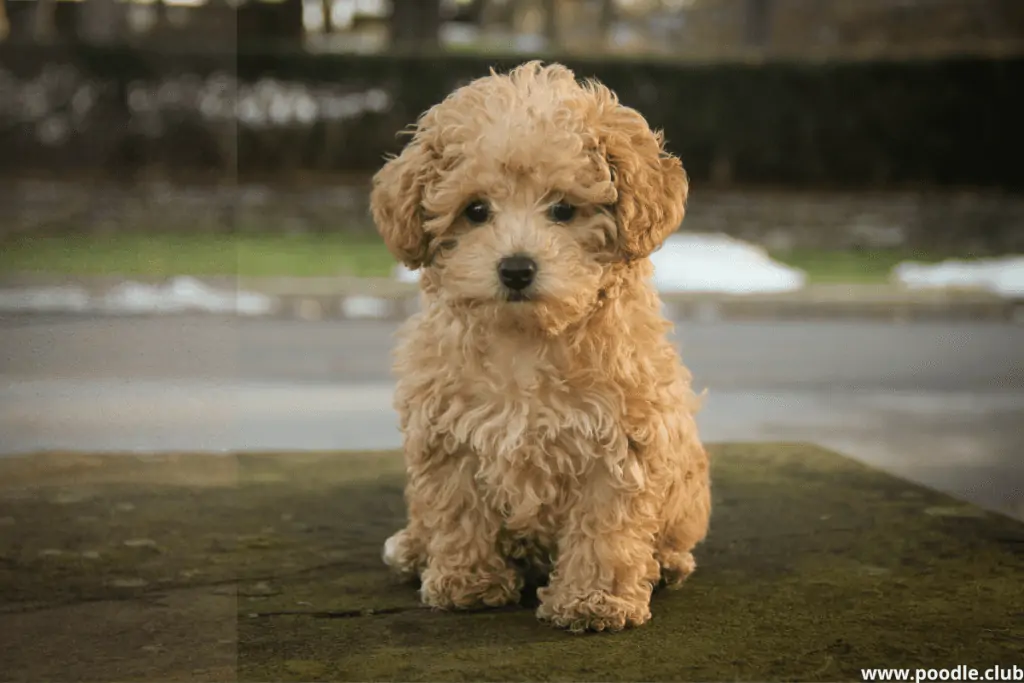
How Long Does Witching Hour Last?
Most puppies experience their witching hours in the early morning or late evening. During these periods, puppies may refuse to listen and act completely crazy. This behavior can last between 5:00 pm to 8:00 pm (depending on sundown in your area).
Puppies usually grow out of their witching hour phase by four to five months. However, it is not uncommon for adult dogs to exhibit witching behaviors, but it is much more common in puppies.
It is important to stay calm during your puppy’s witching hour. Your puppy is intuitive and can pick up on your feelings. If you remain calm, your puppy is more likely to follow suit and calm down as well.
In conclusion, witching hour is a normal part of a puppy’s development, and it usually lasts between a few weeks to a few months. Most puppies outgrow their witching hour phase by four to five months, but it is not uncommon for adult dogs to exhibit witching behaviors. Staying calm and patient during this phase is key to helping your puppy through this challenging time.

Tips for Managing Witching Hour
Witching hour can be a challenging time for puppy owners, but there are some tips to help manage this behavior:
- Provide plenty of exercise and stimulation: Puppies have a lot of energy and need to burn it off. Providing plenty of exercise and mental stimulation throughout the day can help reduce the intensity of witching hour. Playtime, walks, and training sessions can all help tire out your puppy.
- Stick to a routine: Puppies thrive on routine, and having a consistent schedule can help them feel more secure and calm. Try to keep mealtimes, playtimes, and bedtimes consistent every day.
- Take breaks: If your puppy is getting too worked up during witching hour, take a break and give them some space. Encourage them to settle down in their crate or a quiet area until they calm down.
- Practice obedience training: Teaching your puppy basic obedience commands like “sit” and “stay” can help redirect their energy and focus their attention on you.
- Be patient: Witching hour is a phase that puppies go through, and it will eventually pass. Be patient and consistent with your training, and your puppy will grow out of this behavior over time.
By following these tips, you can help manage your puppy’s witching hour and make it a more manageable experience for both you and your furry friend.
Conclusion
Dealing with a puppy’s witching hour can be a challenging and exhausting experience for any new pet owner. However, it is important to understand that this behavior is normal and that it will eventually pass as the puppy matures.
Some puppies may outgrow their witching hour as early as six months, while others may continue to experience it well into adulthood. It ultimately depends on the breed and the amount of daily stimulation they receive.
It is essential to provide your puppy with plenty of exercise, mental stimulation, and a consistent routine to help manage their witching hour. Additionally, crate training and providing a comfortable sleeping environment can also help reduce the likelihood of restlessness at night.
Remember to be patient and understanding with your puppy during this phase. With the right tools and a little bit of patience, you can help your furry friend navigate their witching hour and grow into a happy and well-adjusted adult dog.


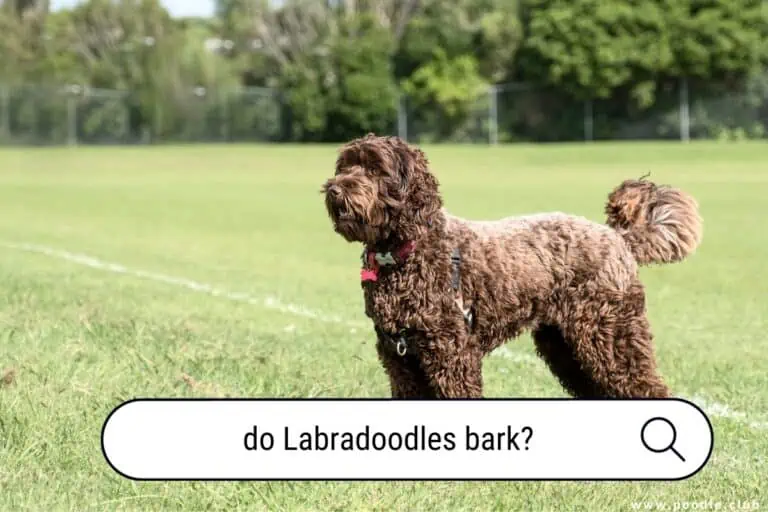
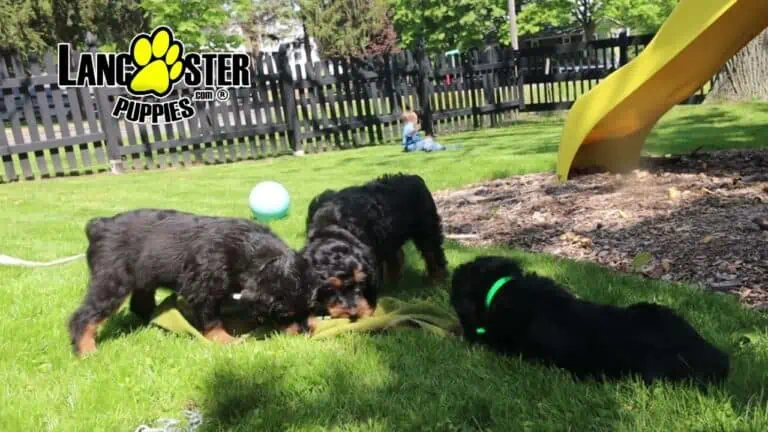
![Toy vs Miniature Poodle [Comparison + Photos]](https://poodle.club/wp-content/uploads/2022/12/toy-vs-mini-poodle-768x512.webp)

